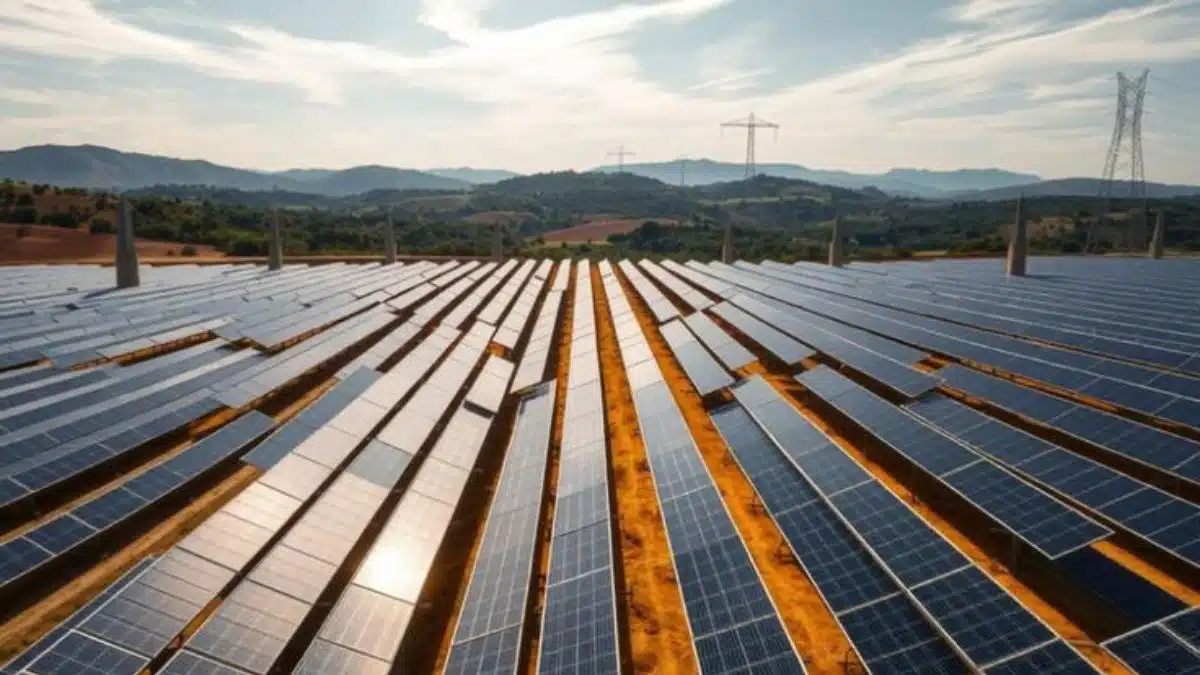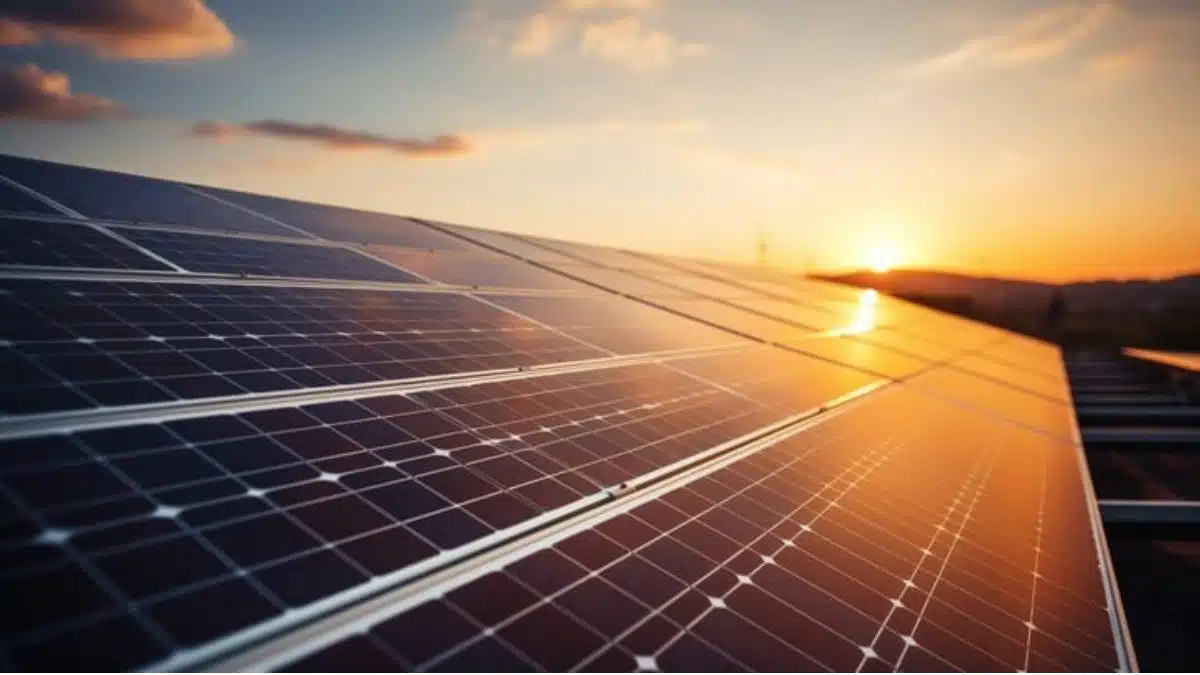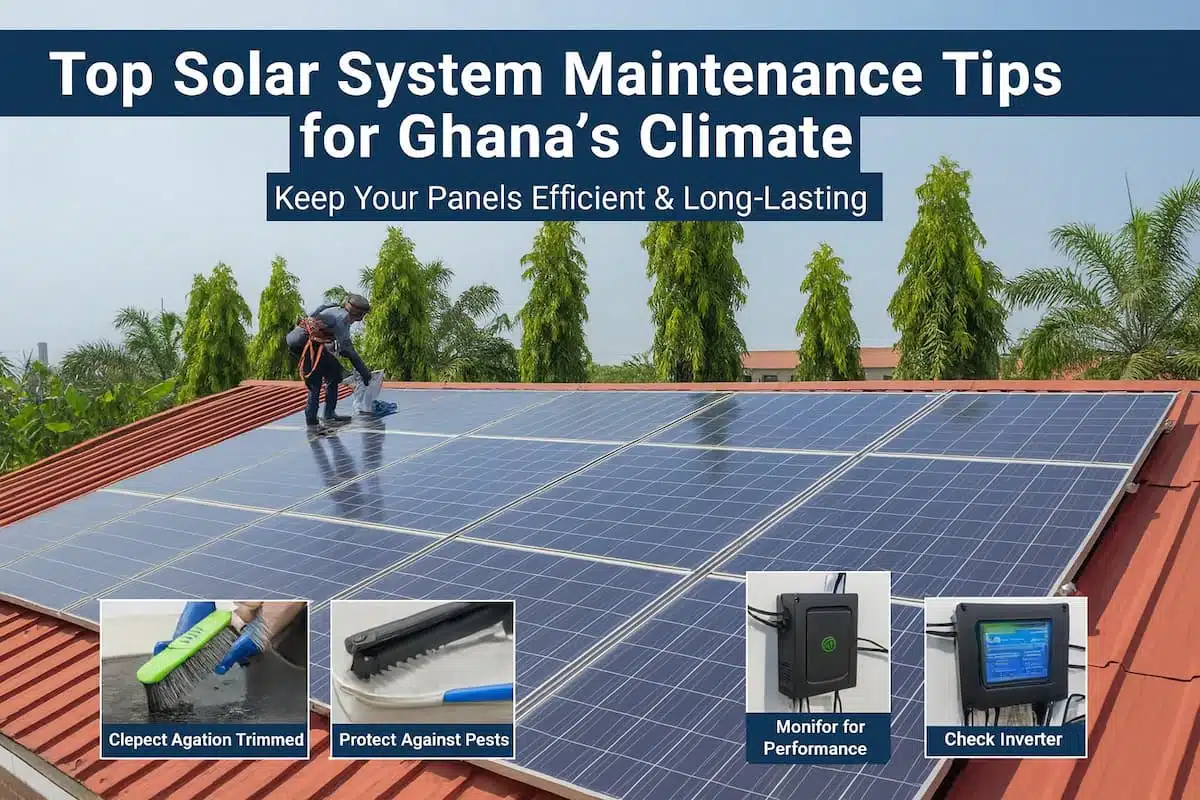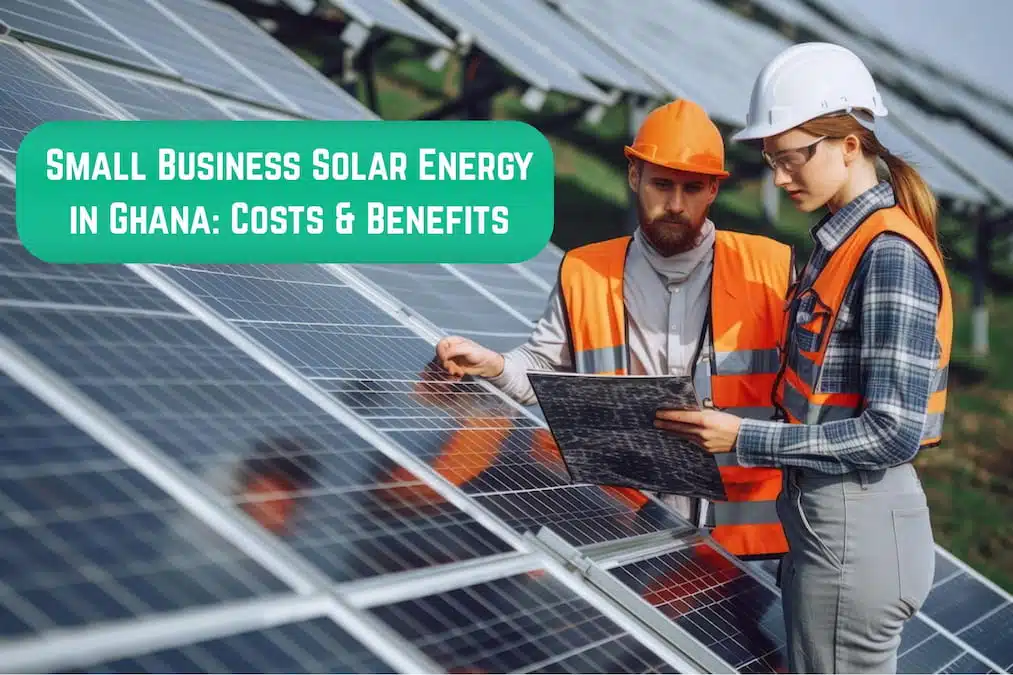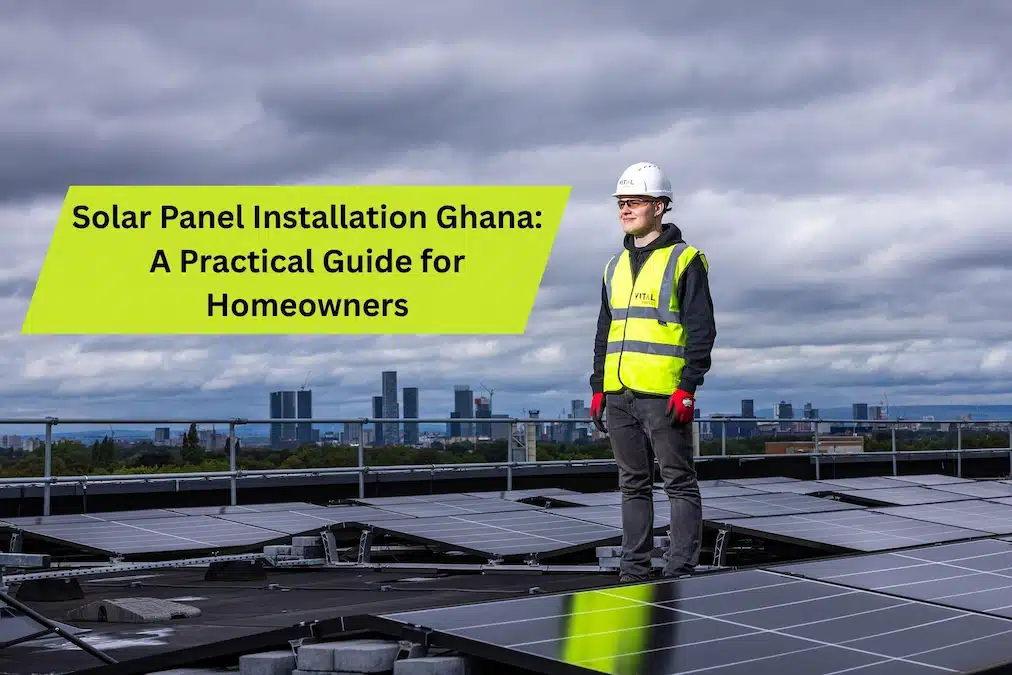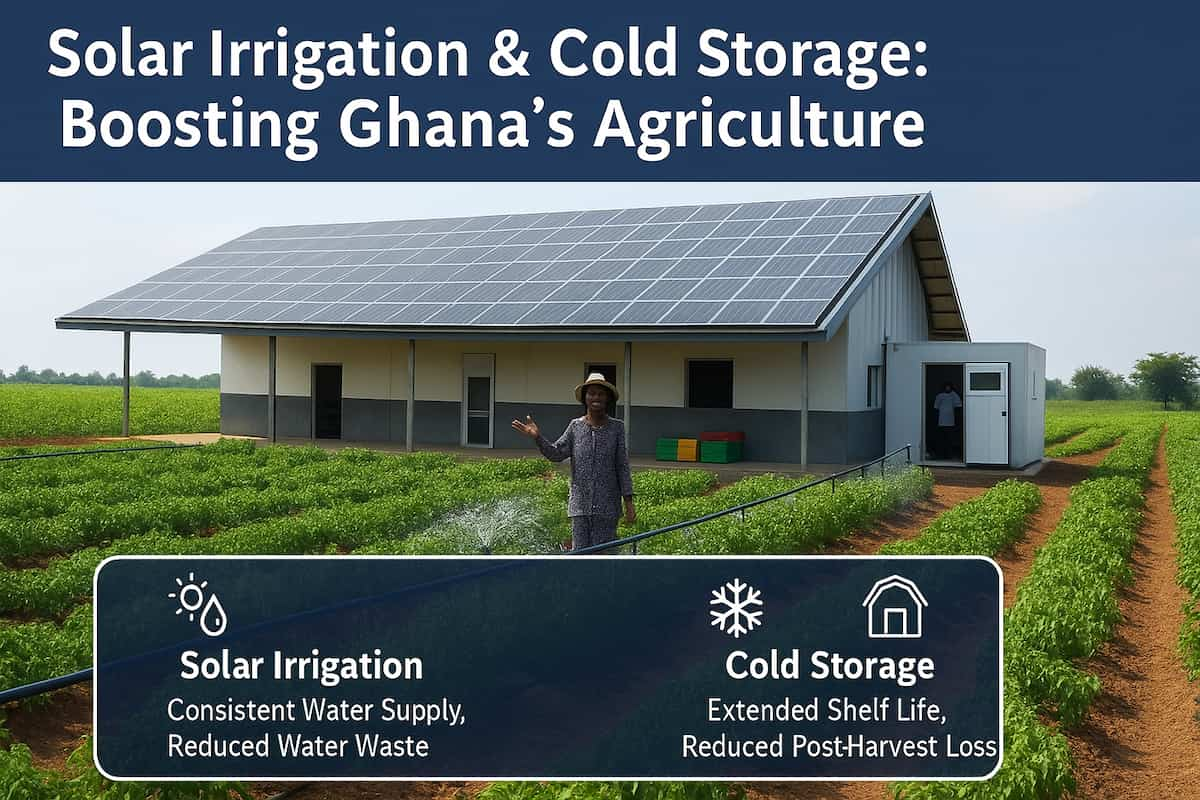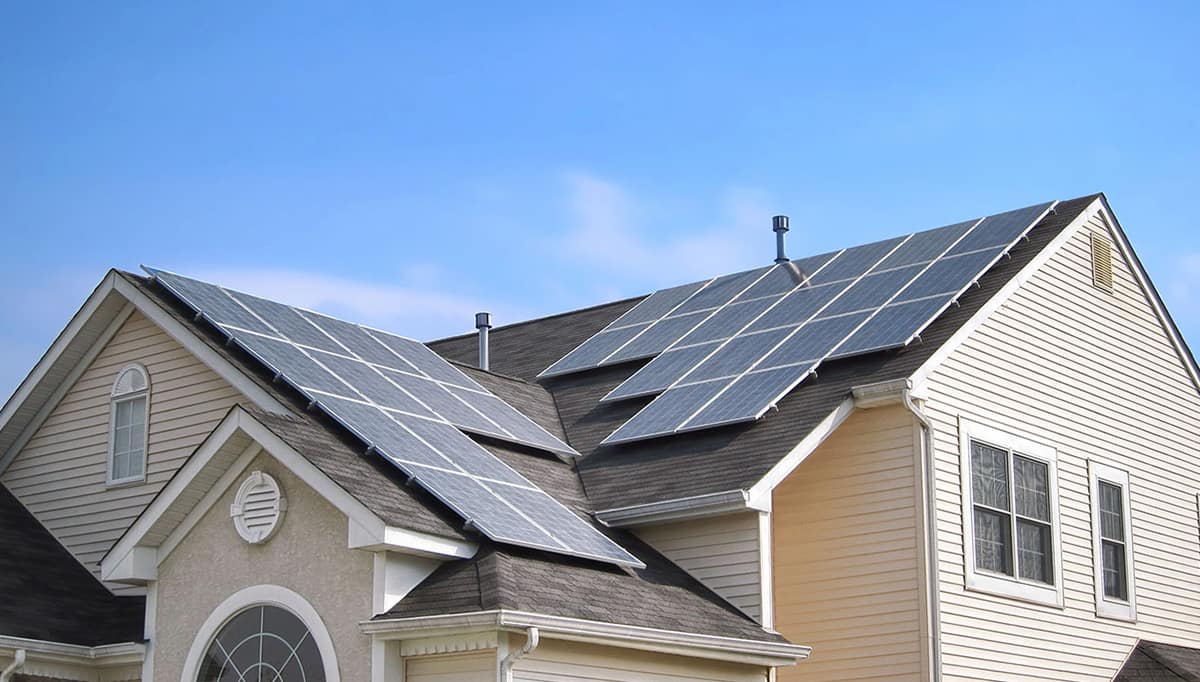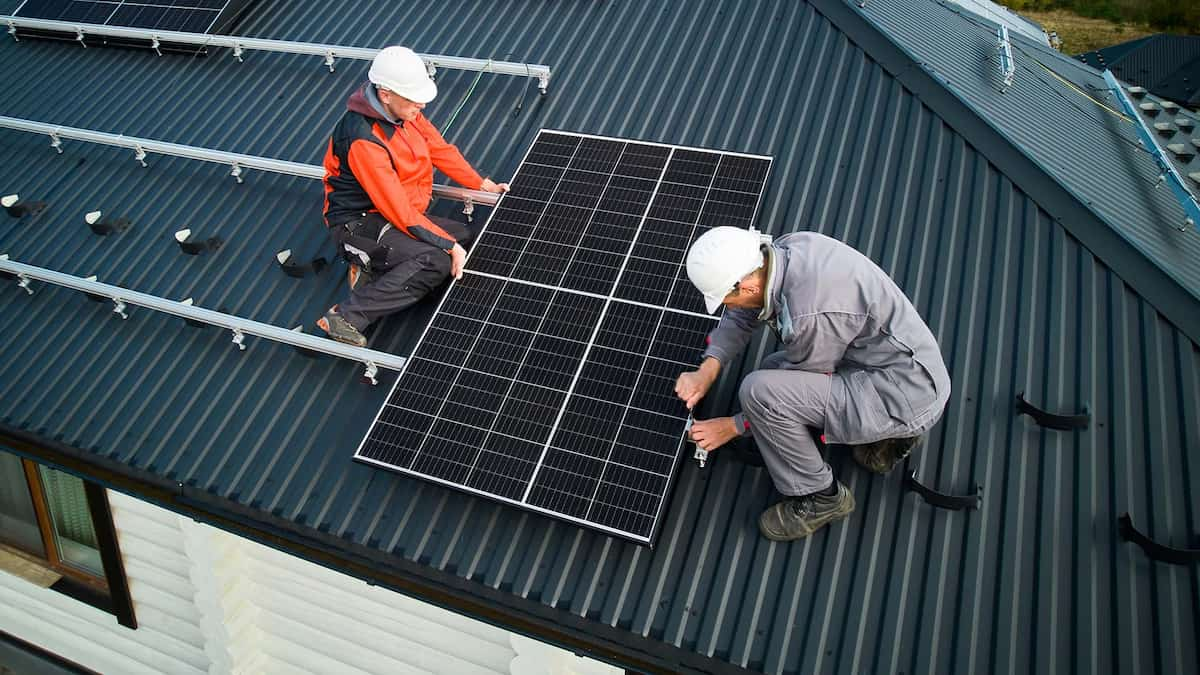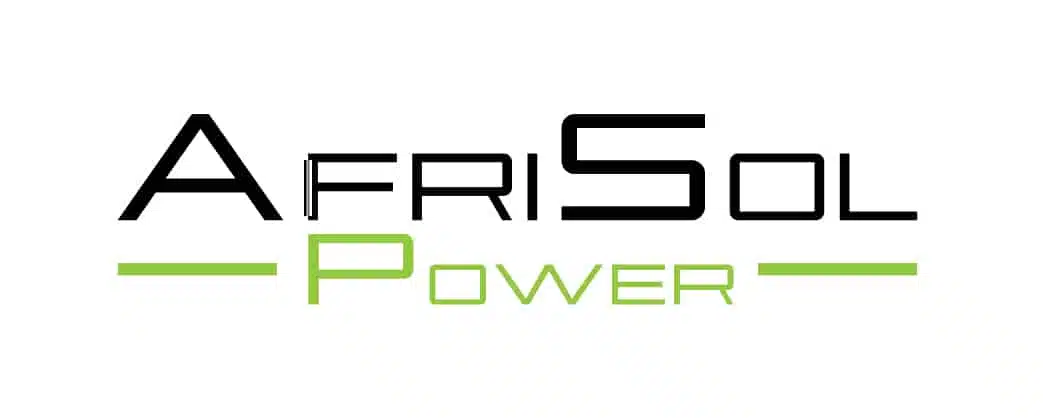Blogs
Women Leading the Solar Energy Revolution in Ghana
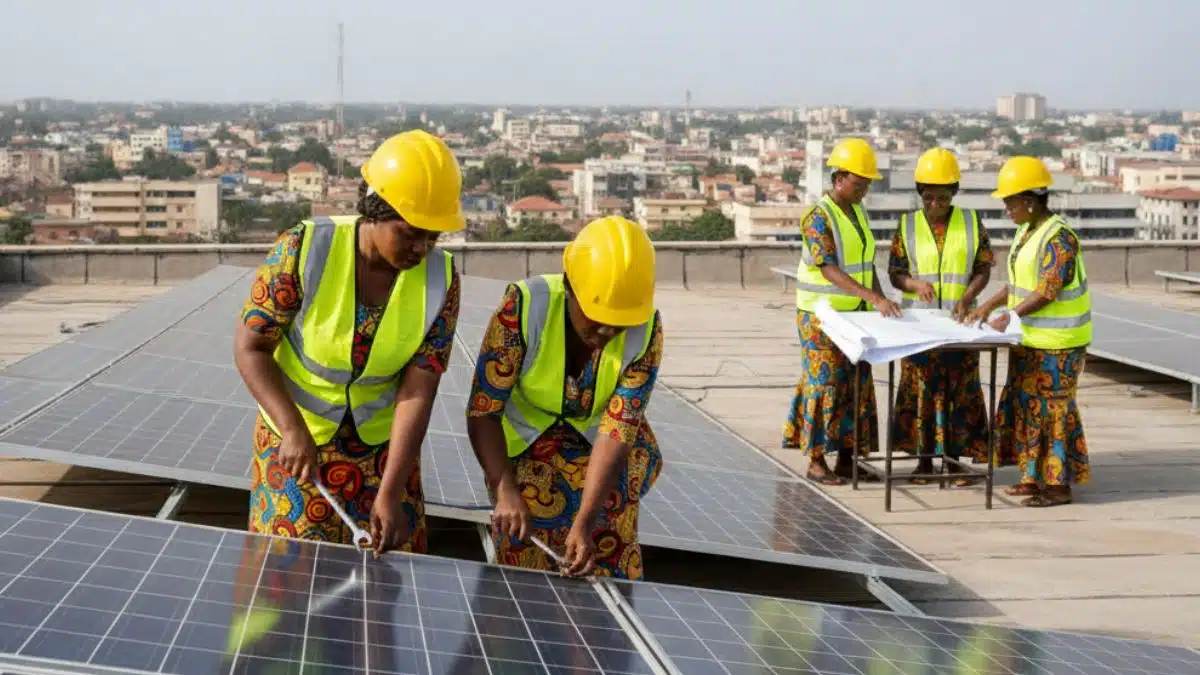
Women Leading Ghana’s Solar Energy Revolution have been instrumental in the country’s renewable energy shift. Traditionally dominated by men, the energy sector is now being reshaped by women advocating for clean energy, breaking barriers, and driving solar adoption. From entrepreneurs to policymakers, women in Ghana are crucial to the growth of the solar energy sector and the country’s sustainable energy future.
This article highlights how women are at the forefront of Ghana’s solar-energy revolution and why their leadership is essential for the nation’s renewable energy progress.
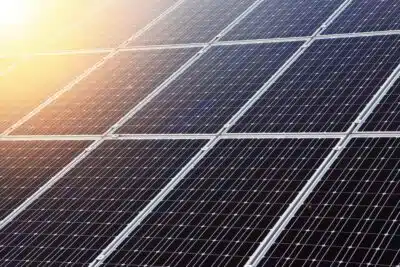
The Role of Women in Ghana’s Solar Energy Sector
Women in Ghana are leading the charge in the solar energy sector, from entrepreneurship and solar system installation to advocacy and policy development. The rising interest in solar energy in Ghana, fueled by the need for reliable, affordable, and sustainable electricity, has opened up new opportunities for women to drive solutions that benefit communities, the environment, and the economy.
1. Women Entrepreneurs in Solar Energy
Women entrepreneurs are playing a pivotal role in leading Ghana’s solar revolution. Many women are starting businesses that focus on the installation, maintenance, and distribution of solar power systems. These businesses are particularly targeting rural communities, where access to reliable electricity is limited or inconsistent.
Women-led businesses in the solar energy sector are not only providing energy access but are also creating job opportunities, particularly for other women in marginalized areas. These ventures help break gender barriers in the workforce by providing spaces where women can take on technical and leadership roles. By offering much-needed solutions, these businesses are also empowering women economically and socially, fostering greater participation in the energy field.
In addition, these businesses play a crucial role in community empowerment, addressing energy poverty, and promoting environmental sustainability by providing clean energy alternatives to traditional, non-renewable sources.
2. Community Leaders Driving Solar Adoption
Women are also leading community-based solar initiatives that focus on educating local populations about the benefits of solar power. These women community leaders provide training on the installation, maintenance, and operation of solar systems. By empowering communities with the knowledge to manage their energy independently, they ensure long-term energy sustainability.
As primary caregivers, women in rural areas understand the importance of reliable energy for health, education, and economic activities. Their leadership ensures that solar energy solutions are culturally appropriate, meeting the specific needs of local families and households. Women leaders are also advocating for solar solutions that can support critical infrastructure like schools and small businesses, helping to boost local economies.
In many areas, solar energy has been transformative, improving access to clean water, lighting, and basic household energy, which, in turn, supports overall community health and prosperity.
3. Women in Solar Policy and Advocacy
In Ghana, women are significantly shaping the country’s renewable energy policies. Many women policymakers are at the forefront of advocating for the adoption of solar energy, pushing for laws and regulations that promote clean energy and increase investment in the solar sector. These women work closely with government agencies, international organizations, and non-governmental organizations to ensure that solar energy policies are inclusive and benefit all sectors of society.
For example, the Renewable Energy Act of 2011 and the Feed-in Tariff Policy, which incentivize the use of renewable energy, were influenced by women advocates in the sector. These policies not only encourage solar adoption but also help set a strong foundation for solar energy to remain a priority in Ghana’s national development plans. By actively engaging in policy discussions, women are ensuring that solar energy remains accessible, affordable, and sustainable for all Ghanaians, especially those in underserved communities.
Key Challenges Faced by Women in Ghana’s Solar Sector
Although women have made tremendous strides, they continue to face several challenges in the solar energy sector:
-
Access to Finance: Women often face significant barriers in accessing capital, making it difficult to start or scale solar businesses. Without financial support, women entrepreneurs struggle to invest in the infrastructure and resources needed to grow their businesses.
-
Gender Bias: Women still encounter gender bias, especially in technical fields like solar panel installation and system maintenance. These biases can limit opportunities for women and hinder their progress in the solar industry.
-
Limited Technical Training: Although there is increasing interest in providing renewable energy training for women, specialized training in solar technology remains scarce. This limits the number of women who can enter technical roles in the solar industry. However, several initiatives are emerging to provide targeted training and support for women.
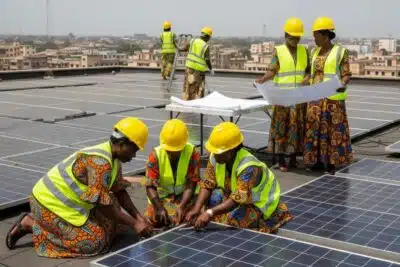
Women-Led Solar Initiatives and Success Stories
Several women-led solar initiatives have made significant impacts in Ghana, demonstrating the transformative potential of solar energy.
1. Maya Solar Solutions
Maya Solar Solutions, founded by Maya Adamu, is dedicated to providing affordable solar solutions to rural communities. The company focuses on training women in solar panel installation and maintenance, providing them with valuable skills and job opportunities. Maya Solar Solutions has also introduced solar-powered mobile charging stations in rural areas, addressing the challenges of unreliable electricity and helping communities gain access to essential energy.
2. Energia
Energia, a Ghana-based women-led organization, focuses on promoting women’s participation in the renewable energy sector. Through partnerships with international organizations, Energia trains women in solar installation, providing opportunities for women to become solar technicians and entrepreneurs. Energia is committed to creating a strong network of women in energy, ensuring that their voices are heard and their contributions are valued.
3. Women in Energy and Extractives (WEE)
The Women in Energy and Extractives (WEE) initiative connects women in the energy sector with resources, training, and networking opportunities. This initiative helps women advance their careers in solar energy and promotes a more inclusive and diverse energy future for Ghana.
The Future of Women in Ghana’s Solar Revolution
The future of Ghana’s solar revolution is bright, with women continuing to play an integral role in shaping the renewable energy landscape. As the demand for solar energy grows, women will remain key to driving the country’s sustainable development. Their leadership and contributions will be crucial to ensuring that solar energy solutions reach every corner of the country.
To achieve Ghana’s renewable energy targets, it is vital to support women’s contributions by providing more training, financial opportunities, and leadership roles in the solar energy sector.
Conclusion
Women are leading Ghana’s solar-energy revolution by driving solar energy adoption through entrepreneurship, community outreach, and policy advocacy. By overcoming challenges like access to finance and technical training, women are ensuring that solar solutions reach all communities in Ghana. Their leadership is essential for creating a sustainable and inclusive energy future.
As women continue to play a pivotal role in Ghana’s solar energy sector, their efforts will shape the future of clean, reliable, and affordable energy in the country. The solar revolution in Ghana is not just a technological shift but a movement led by women who are committed to creating a brighter, more sustainable future for all.











